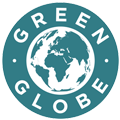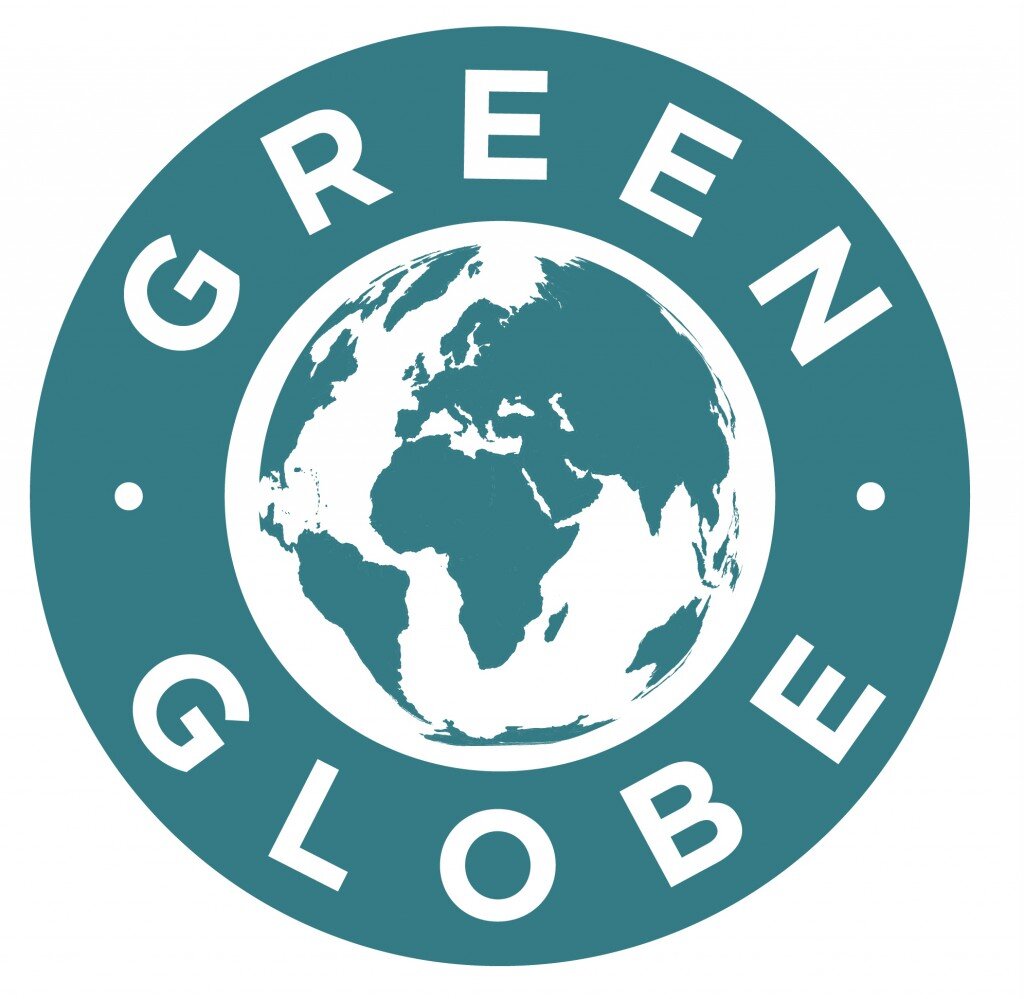Club Med Agrisud Partnership with Local Market Gardeners in Senegal, Morocco, Brazil and Indonesia
Just over a decade ago Club Med began its journey to have all its resort-villages certified by Green Globe. Today more than 85% of Club Med villages have been certified and the program continues as new properties open.
Looking back over this sustainability journey, we can see Club Med has invested in initiatives that engage and support local communities and additionally enhance the guest experience. One of the notable social development programs supported by Club Med was Agrisud, a partnership that enabled local producers to supply Club Med villages by guiding them towards more sustainable land use, based on the principles of agroecology.
More specifically, the initiative intended to support women market gardeners in Casamance, Senegal; orchards in Asni and market gardening in the palm grove near Marrakech, Morocco; as well as market gardeners near Rio de Janeiro in Brazil and on Bali Island in Indonesia.
Looking back at the achievements of Club Med’s Agrisud partnership, tourism businesses located in developing economies should be inspired by the following activities:
Field missions to consider the potential demand and map those existing production systems and farms operating in a precarious situation;
Local partnerships were set up accordingly to accompany the technical upgrade of farms, support the matchmaking of farms with buyers, define the purchasing modalities (nature of products, quantity, quality, delivery schedule, fair pricing etc.), engage with producers to collaboratively develop forecast production tables and tariff grids; as well as group producers into commercial cooperatives.
Agroecological training was provided to strengthen producers’ technical capacities (including on issues such as bulk purchase of seeds, maintenance of irrigation systems, etc.) to produce vegetables in sufficient quantity and quality in a sustainable manner, considering local production constraints.
Management training and tools were made available to local farmers on various themes such as accounting.
Club Med engaged its own staff (sustainable development and procurement managers, chefs, hotel services managers etc.) to raise awareness on the partnership and connect them with producers, local NGOs and the Agrisud representatives;
Guests were also engaged through on-site exhibitions, sale of cookbooks to support Agrisud activities, local farm tours, fundraising events run by the Club Med Corporate Foundation, etc.
Impacts
407 micro enterprises were supported
The total number of project beneficiaries (producers and their families) in the four countries reached 2488;
The cumulated revenue generated for the farmers since the project inception in 2009 is 1,622,000 USD;
Increasing share of local purchases in Club Med overall procurement (about 20% in 2017);
Increased tonnage of agroecological production in the four supported countries, 409 metric tons in 2017;
In 2017, 32.3 metric tons were purchased by Club Med from supported micro businesses, bringing the total purchases from local micro enterprises to 129 metric tons between 2009 and 2017, hence reducing CO2 emissions and costs related to the transport of supplies;
Guests supported the efforts of Club Med in favouring sustainable procurement practices: fundraising among them helped finance four solar pumps (91,000 USD) in Casamance, Senegal and an irrigation system in Asni (Morocco).
For further information: UNWTO Tourism for DevelopmentVolume II: Good Practices


